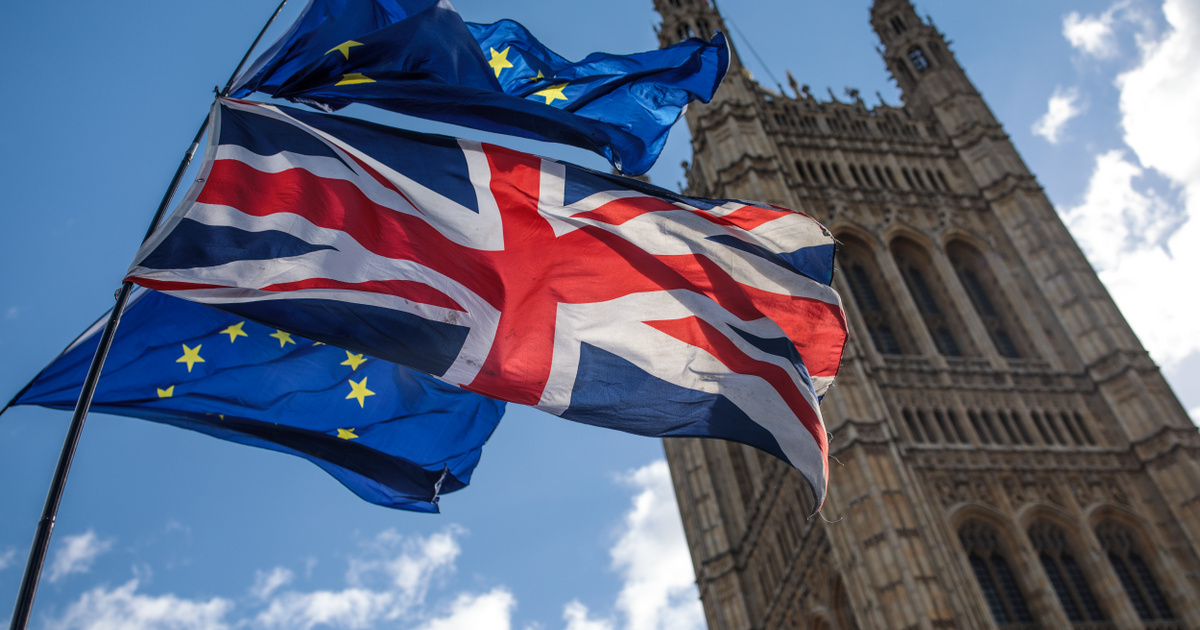The consequences of Brexit have deterred Hungarian students from higher education institutions in the United Kingdom, although they have gained notable popularity in Hungary in recent years. The UK’s exit from the European Union has drastically reduced its costs, according to a recent Money Center survey. mentioned.
An alternative may be countries that also provide high-quality education under more favorable financial conditions. At the same time, it is no coincidence how successful they are in curbing the spread of the epidemic.
In the academic year 2019/2020, about 15,000 Hungarian students studied in foreign higher education institutions, while in Hungary – according to the data of the Central Statistical Office – 247,000. This means that about six percent of Hungarian students studying in higher education continued their studies abroad.
The most popular destinations are Austrian and German universities, but the largest increase in the past decade has been in the United Kingdom, where the number of Hungarian students applying to the island country has tripled in ten years.
This is now likely to change: based on the British government’s decision, it is now certain that after December 31, 2020, EU students, including Hungarian students, will be subject to the same conditions for continuing education as those from outside the EU.
Accordingly, instead of the current EU tuition fee of 9,250 pounds (around 3.6 million forint), they would have to pay between 10,000 and 38,000 pounds (around 4-15 million forint) per year.
In addition, EU applicants will lose the opportunity to apply for the current discounted student loan, and those who arrive in training for more than six months will need to apply for a student visa.
At the same time, it is true that in order to reduce tuition fees, more and more universities have announced scholarships for EU students that will bring them closer to the costs of previous training.
In any case, according to a non-representative survey by Engame Academy, approximately 27.6 per cent of students do not report to the UK due to Brexit, even though they have thought about it before. A higher proportion of parents surveyed, 36.8 per cent, said their children had not reached the island nation due to Britain’s exit from the European Union.












































